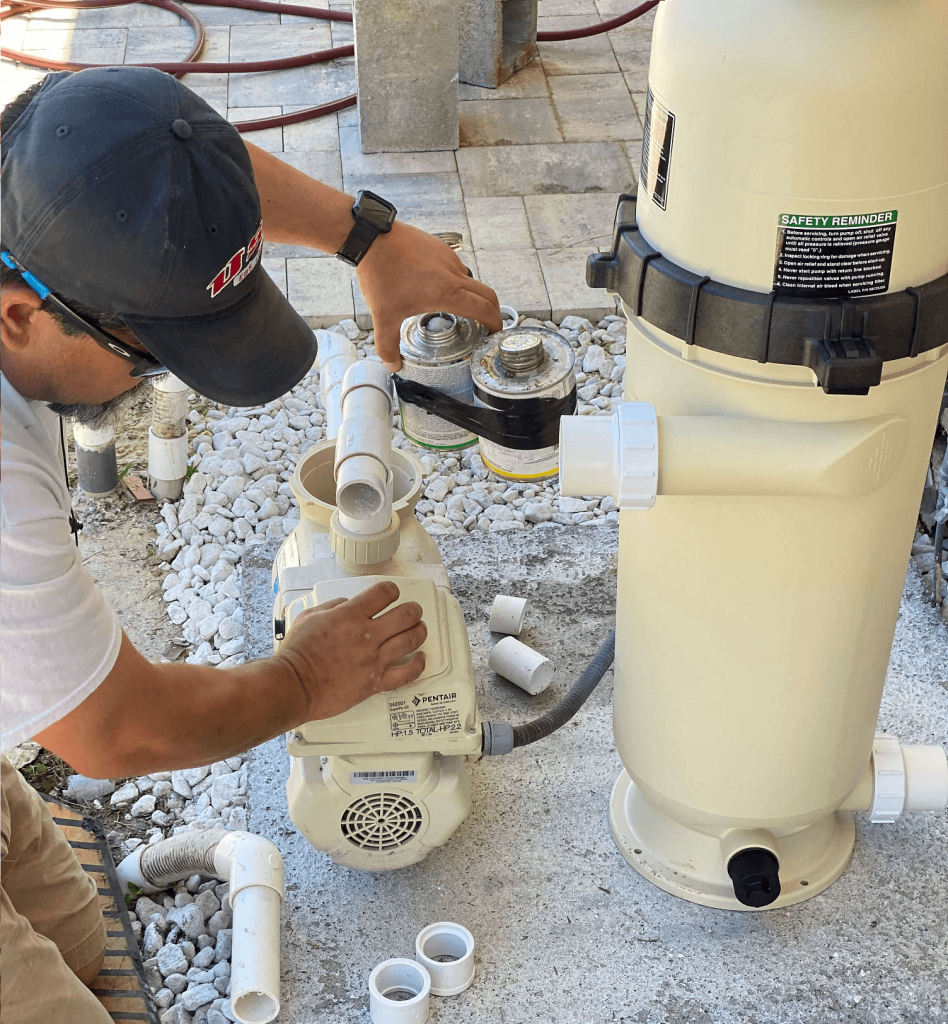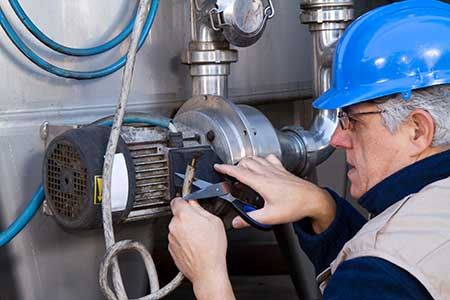Advanced Water Softeners: Bid Farewell to Hard Water Woes Permanently
Advanced Water Softeners: Bid Farewell to Hard Water Woes Permanently
Blog Article
Recognizing the Trick Components of Effective Water Filtration Solutions

Relevance of Water Filtering Solution
Water filtration systems play a critical duty in making certain access to risk-free and clean alcohol consumption water by properly removing impurities and pollutants. These systems are vital in resolving the growing worries over water quality and the prospective wellness threats related to eating polluted water. By using various filtration systems such as reverse osmosis, activated carbon, and UV sanitation, water purification systems can effectively eliminate hazardous compounds like germs, infections, hefty steels, and chemicals from the water system.
Moreover, water purification systems help to improve the taste and smell of water by removing chlorine, debris, and other contaminants that can impact its top quality. Water Softeners. This enhancement in water quality not just makes it more palatable yet additionally urges individuals to consume alcohol an ample amount of water daily, advertising far better hydration and general wellness
Types of Purification Components

Physical filters are developed to physically stress out contaminations from the water. These filters can be constructed from materials like ceramic, carbon, or also sand, and they function by capturing bits bigger than the filter's pores as water goes through.
Chemical filters make use of various chemical procedures to get rid of contaminants from the water. Examples consist of triggered carbon filters, which adsorb pollutants, and reverse osmosis membranes, which make use of stress to separate pollutants from the water.
Biological filters use living microorganisms like germs or algae to damage down organic matter and contaminants in the water. These filters are commonly utilized in wastewater therapy plants or all-natural water filtration systems.
Understanding the different sorts of filtration elements is crucial for selecting the most ideal water filtration system for specific purification demands.
Function of Debris Filters
Sediment filters play a crucial role in water filtering systems by efficiently capturing strong bits put on hold in the water. These filters are generally the first line of defense in a filtering system, removing larger particles such as sand, silt, dirt, and corrosion before the water moves with finer purification stages. By trapping these sediments, the filters prevent them from reaching downstream elements, hence extending the lifespan and efficiency of the entire system.
Overlooking this maintenance can lead to clogging, lowered water flow, and compromised filtration efficiency. Overall, debris filters are vital components that contribute considerably to the efficiency of water filtration systems.
Duty of Triggered Carbon Filters
Playing a critical duty in water filtering systems, turned on carbon filters are important in eliminating right here pollutants and pollutants from the water supply. These filters are made to adsorb and catch a variety of toxins, including chlorine, unpredictable natural compounds (VOCs), pesticides, and herbicides. The turned on carbon material has a huge surface location, permitting the efficient capturing of impurities via a process called adsorption. As water goes through the filter, the turned on carbon holds and attracts onto the pollutants, making certain that the water that appears beyond is cleaner and more secure for intake.
Turned on carbon filters are highly reliable at improving the taste and odor of water by lowering chemicals that can affect its top quality. Due to their flexibility and integrity, turned on carbon filters are a vital part in making sure that water is cleansed to the greatest criteria before reaching customers.
Comprehending Reverse Osmosis Systems
Reverse osmosis systems are advanced water purification systems that employ an innovative procedure to eliminate impurities and contaminations from alcohol consumption water. These systems function by applying stress to the water, requiring it with a semi-permeable membrane layer.
One key benefit of reverse osmosis systems is their ability to get rid of a variety of pollutants, consisting of heavy metals, liquified bacteria, infections, and solids. This makes them highly reliable Pump repairs & installation in enhancing the total quality and safety and security of alcohol consumption water. In addition, reverse osmosis systems are relatively low-maintenance and can be set up under the sink or in a central filtration system, giving convenient accessibility to tidy water throughout the household. In general, understanding just how reverse osmosis systems work can aid people make notified decisions about their water filtering requirements.
Final Thought
Finally, efficient water filtering systems are crucial for guaranteeing clean and secure drinking water. The key parts of these systems include sediment filters, activated carbon filters, and reverse osmosis systems. By understanding the feature and role of each component, individuals can make informed decisions when selecting a water filtering system. It is look these up essential to prioritize the high quality of water in order to advertise total health and wellness and well-being.
Water purification systems play an essential function in ensuring access to risk-free and clean drinking water by efficiently removing pollutants and pollutants. By using numerous filtering systems such as reverse osmosis, activated carbon, and UV sterilization, water filtering systems can efficiently remove unsafe materials like germs, infections, heavy steels, and chemicals from the water supply.
Sediment filters play a vital function in water filtering systems by efficiently recording solid fragments suspended in the water (Well Pump Replacement).Playing a critical role in water filtration systems, triggered carbon filters are critical in getting rid of pollutants and contaminants from the water supply.Reverse osmosis systems are advanced water purification systems that employ an advanced process to remove pollutants and impurities from drinking water
Report this page